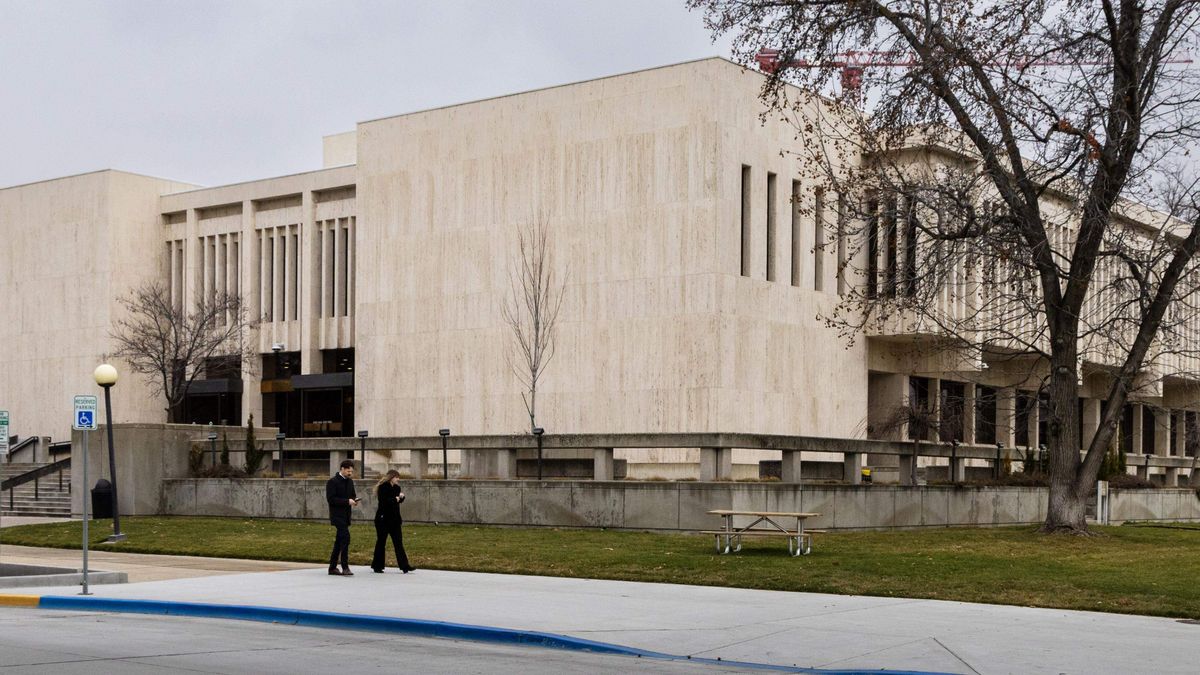Philadelphians Luis Valenti, 25, and Eleonora Barbieri, 26, are getting married July 14.
If planning a wedding doesn’t seem stressful enough, the couple are settling July 10 on their first house, a duplex in the 2200 block of West Thompson Street listed at $155,000.
Two major events in the lives of anyone, and just four days apart.
“With the housing recovery and interest rates going up, we thought the time was right,” said Valenti, who works in the financial industry.
They also wanted to lock into an FHA loan by June 1, before the rules changed, Barbieri said.
Since then, all loans with less than 10 percent down require that mortgage insurance be paid for the life of the loan. In addition, mortgage insurance will no longer be canceled when the loan balance is 78 percent of the original amount.
They beat the deadline.
First-time buyers like Valenti and Barbieri are key to the health of residential real estate. So there is concern, at least on the national level, that there might not be enough of them to sustain the housing recovery.
This buyer segment is so important, in fact, that the National Association of Realtors surveys 3,000 members monthly for the latest percentages.
The April survey, said spokesman Walt Molony, put first-time buyers at 29 percent, “weaker than the historic norm” of 40 percent.
Other research organizations report similar findings. Tight credit, competition with investors for lower-end properties, and limited inventory typically are cited as reasons.
Economist Kevin Gillen, of the University of Pennsylvania’s Fels Institute, maintains that since the housing bubble burst in 2007, “many lower-income home buyers have been effectively cut out of the market.”
“Whether they’re unemployed, underemployed, can’t assemble a sufficient down payment, or can’t get credit, these are problems,” he said, “that disproportionately affect young, first-time home buyers.
“We’ve been left with a housing market composed of relatively wealthier households trading relatively high-priced homes with each other.”
That may be changing. In many parts of the region, the numbers of first-timers are increasing. Owing to the shortage of inventory, many of them are not having an easy time, however.
Barbieri said they were lucky to find their house — a three-story duplex in Fairmount with two apartments and a backyard that needs “a little TLC” — in a month.
“A lot of our friends have been trying to buy for six months,” she said, “but have been losing out to other bidders.”
Mickey Pascarella of Keller-Williams Center City, the agent for Valenti and Barbieri, said half his clients were first-timers.
As first-time-buyer interest increases, there are fewer houses for sale than last year, he said, because they are being taken off the market and put into the rental pool, fewer houses are being built, and “there [are] continued seller-equity problems.
“Supply and demand has switched, and we now have a shortage of great, well-priced, well-conditioned homes,” he said.
In the suburbs, Susan M. Yanessa, a Weichert Realtors agent in Jenkintown, acknowledged that “there was a shortage of good inventory this spring, but I think buyers want to find something because the mortgage rates are creeping up.”
Yanessa said a buyer she knew “was casually looking until this month, and would like to find something to take advantage of the current rates.”
Listing inventory is lower, and “there seems to be more first-time buyers than in normal times,” said John Badalamenti of Prudential Fox & Roach in Blue Bell.
The largest in his area seems to be the first-time buyer in the under-$400,000 price range.
Long & Foster agent Cheryl Miller said her last two open houses were properties under $250,000, and “I had 10 groups through both.”
“I would say 80 percent were first-time buyers,” said Miller, who sells in the Lower Gwynedd area.
The Main Line’s “trade-up buyers have been selling to first-timers, and we are seeing an increase in values,” said John Duffy of Duffy Real Estate in Narberth.
“I think there was a huge buildup of potential buyers ‘on the fence,’ waiting to see what the economy and housing market were going to do,” he said.
In Northwest Philadelphia, however, the volume of first-time buyers has been relatively the same for the last few years, said Ruth Feldman, an agent for Weichert Realtors/McCarthy Group in Mount Airy.
“Mortgage and credit guidelines continue to be tight and, therefore, restrictive for first-time buyers,” she said, citing the FHA.
This is hurting the Northeast Philadelphia market, too, where first-time buyers are having a harder time qualifying, said Mayfair broker Christopher J. Artur.
In addition, “investors are buying a lot of homes in the lower end with cash offers with no home inspections and FHA requirements,” he said.
Weichert Realtors agent S. Clark Kendus believes that there is an eroding pool of buyers in the 24-to-34-age group of first-timers. It’s “due in large part to college-loan debt that prevents them from qualifying for a mortgage,” Kendus explained.
“They have a mortgage already, and it’s called student loans.”
——————
Copyright 2013 – The Philadelphia Inquirer
Thanks for reading CPA Practice Advisor!
Subscribe Already registered? Log In
Need more information? Read the FAQs
Tags: Taxes



